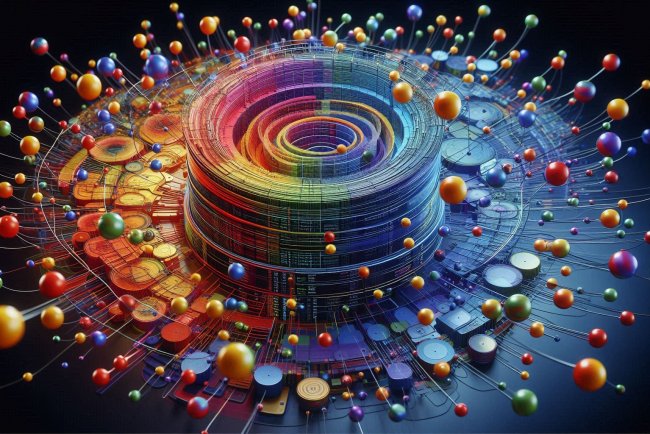AI empathy: Empathetic computing and emotional understanding
Experience AI empathy - where technology meets emotional intelligence. Explore how machines can understand and respond to human emotions in a meaningful way.

Emotional understanding and empathetic computing are crucial components of human-computer interaction in today's digital age. As technology continues to advance, the ability for machines to recognize and respond to human emotions is becoming increasingly important.
This concept is known as empathetic computing, which involves designing systems that can detect and interpret human emotions, as well as respond in a way that demonstrates empathy and understanding. One of the key aspects of empathetic computing is the ability to recognize and interpret human emotions. This can be done through various means, including facial recognition technology, voice analysis, and biometric sensors. By analyzing facial expressions, tone of voice, and other physiological signals, machines can gain insight into a person's emotional state and tailor their responses accordingly.
For example, imagine a virtual assistant that can detect when a user is feeling stressed or frustrated based on their tone of voice and facial expressions. Instead of providing a standard response, the system could offer calming techniques or suggest ways to alleviate the user's stress. This level of emotional understanding can greatly enhance the user experience and build a stronger connection between humans and machines.
In addition to recognizing emotions, empathetic computing also involves responding in a way that shows empathy and understanding. This can be achieved through natural language processing, sentiment analysis, and dialogue systems that are designed to mimic human conversation. By using language that is empathetic and supportive, machines can create a more positive and engaging interaction with users. For instance, a chatbot designed to assist customers with their inquiries could be programmed to respond with empathy and understanding when a user expresses frustration or dissatisfaction. Instead of simply providing a solution, the chatbot could acknowledge the user's feelings and offer support in a way that feels personalized and caring. Empathetic computing also plays a crucial role in fields such as healthcare and mental health. For example, virtual therapists and mental health chatbots are being developed to provide support and guidance to individuals in need.
These systems are designed to detect signs of distress and offer empathetic responses that are tailored to the user's emotional state. By incorporating empathetic computing into these applications, users can receive the emotional support they need in a non-judgmental and understanding manner. This can help reduce feelings of isolation and provide a valuable resource for those who may not have access to traditional mental health services.
Furthermore, empathetic computing can be used to enhance educational experiences by providing personalized feedback and support to students. Intelligent tutoring systems can adapt to a student's emotional state and learning preferences, offering guidance and encouragement in a way that feels empathetic and supportive.
For example, a virtual tutor could detect when a student is feeling overwhelmed or frustrated with a particular topic and provide additional resources or alternative explanations to help them better understand the material. By responding in a way that shows empathy and understanding, the system can create a more positive learning environment and help students achieve their academic goals.
Incorporating empathetic computing into technology has the potential to revolutionize the way we interact with machines and create more meaningful and emotionally intelligent experiences. By recognizing and responding to human emotions, machines can build stronger connections with users and provide a level of support and understanding that was previously thought to be exclusive to human interactions.
However, it is important to consider the ethical implications of empathetic computing and ensure that these systems are designed with the user's best interests in mind. Privacy concerns, data security, and bias in algorithms are all important considerations when developing empathetic computing technologies. Additionally, it is essential to remember that while machines can mimic empathy and understanding, true emotional intelligence and human connection cannot be replicated by technology alone.
Empathetic computing should be seen as a tool to enhance human interactions, rather than replace them entirely. In conclusion, empathetic computing is an exciting and rapidly evolving field that has the potential to transform the way we interact with technology. By incorporating emotional understanding into machines, we can create more engaging, supportive, and personalized experiences that enhance our daily lives.
As technology continues to advance, the role of empathetic computing will only grow in importance, shaping the future of human-computer interaction in profound ways.
What's Your Reaction?

















